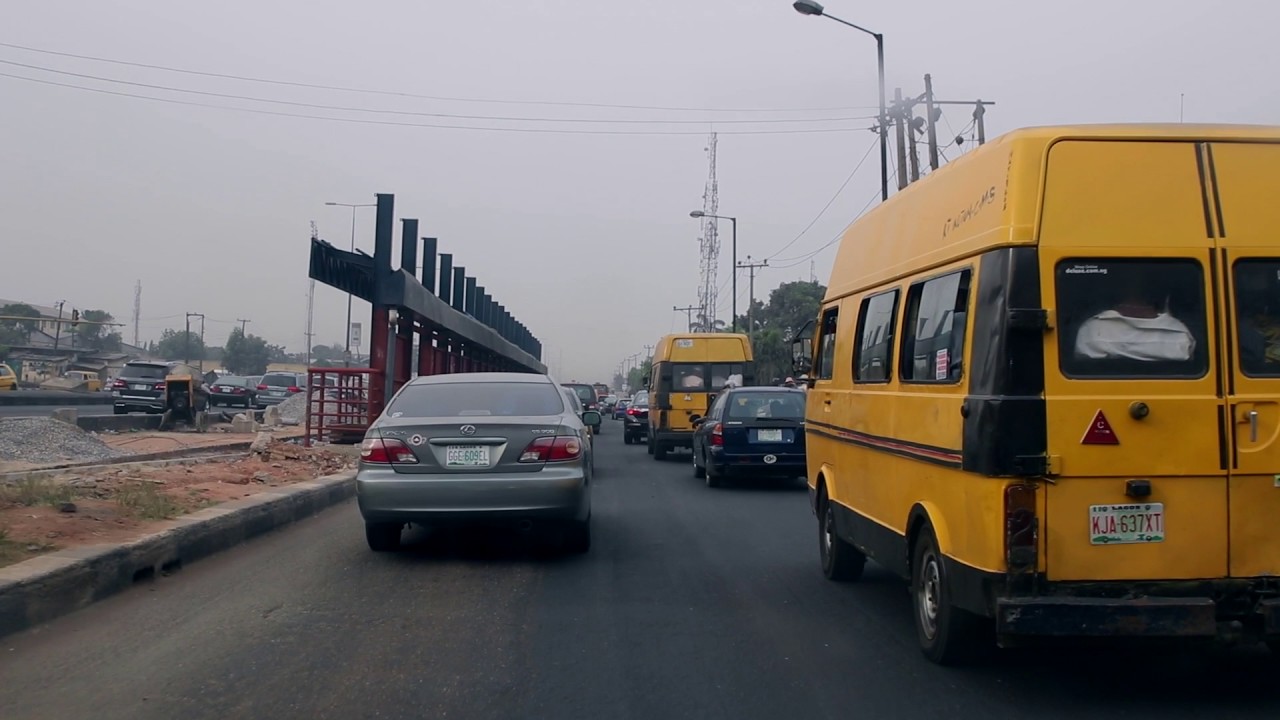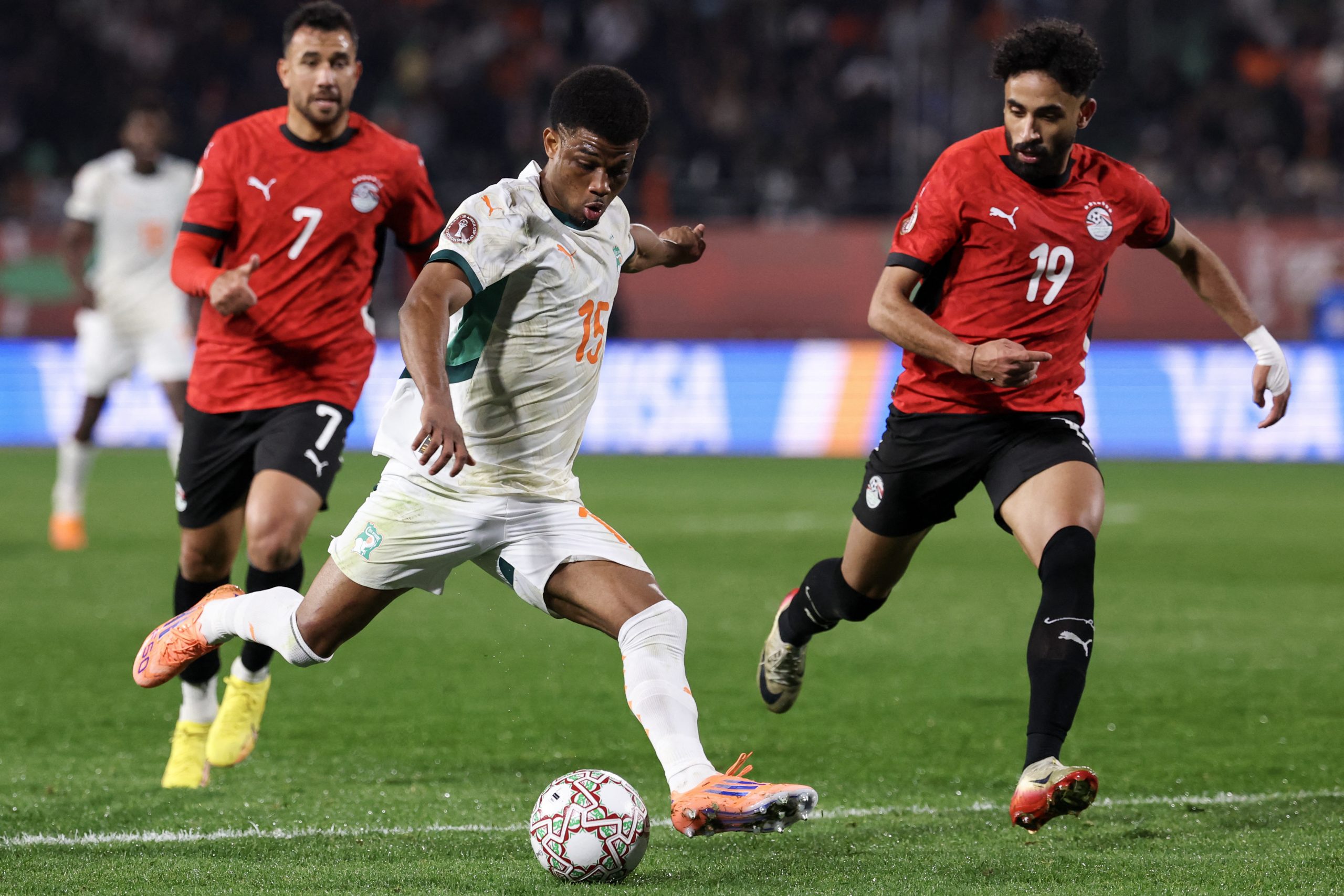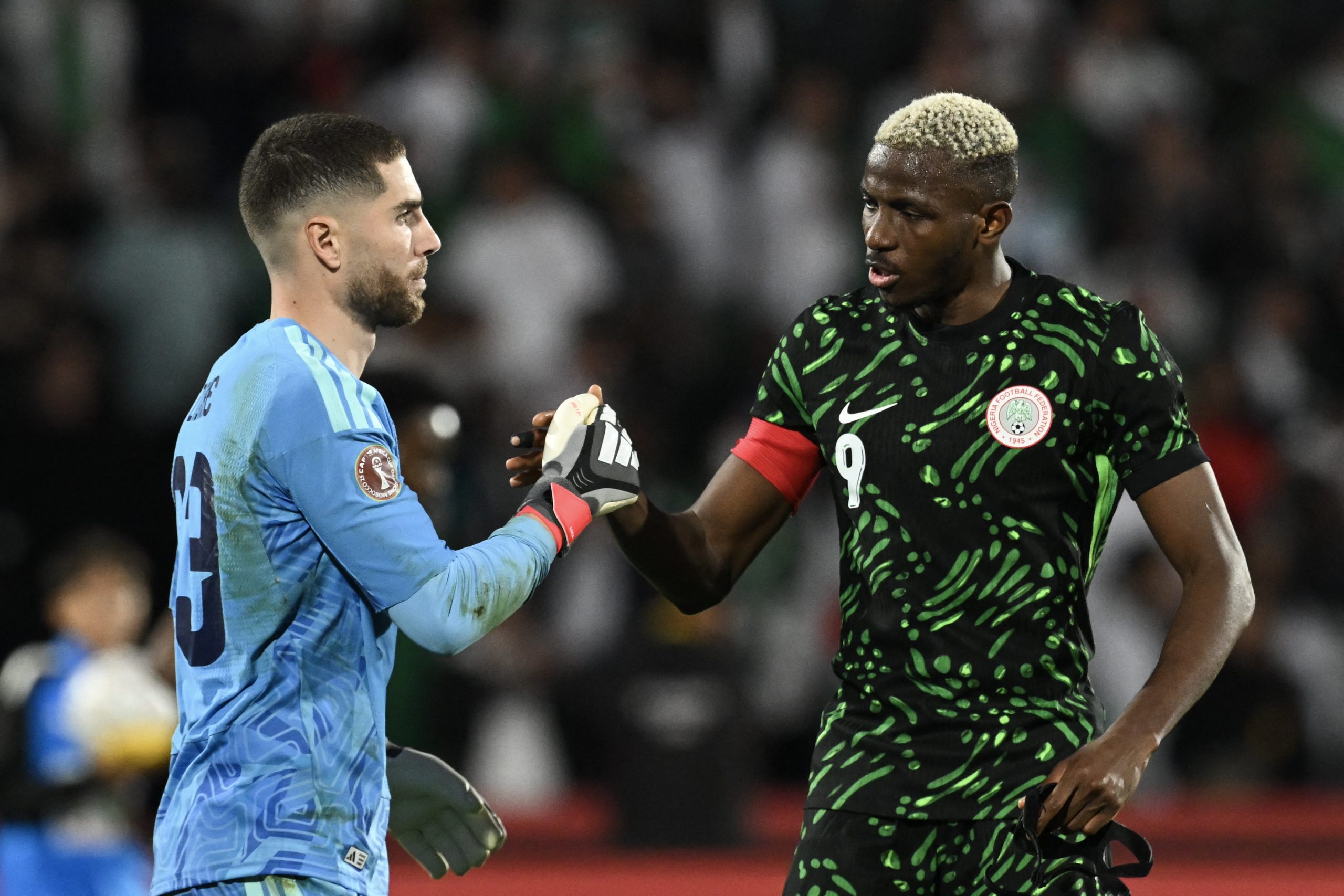
The newly-appointed Chairman of the National Sports Commission, Mallam Shehu Dikko, yesterday, said that the country has started a journey towards a sustainable Sports Economy.
Speaking in Abuja during the official handover of the NSC to him by the immediate past Sports Minister, Senator John Owan Enoh, Mallam Dikko said: “History has a way of coming full cycle because in 2008, I was a consultant to the House of Representatives and was responsible for the drafting of the NSC Bill, a job I did pro-bono and about 16 years down the line, I am here with the assignment to implement the work I assisted to put together.”
He said that President Bola Ahmed Tinubu wants to harness the full potential of the country’s sports economy, and urged all stakeholders to be ready to join in repositioning the sector.
He added: “When we set the foundation right the results and the winning of medals will naturally come in a sustainable manner and that should be the new mindset.
“We cannot continue to run in cycles; so we need to have a different approach from day one because in my view and indeed the firm view of President Bola Ahmed Tinubu, competition is what we call “consumption” because we just take scarce resources abroad without any impact on the domestic sports development ecosystem and the Nigerian economy.”
He called on all stakeholders to be ready to start “production,” which he described as a deliberate sports development programme that will set the structure right, set the framework, and put together good parameters to have a sustainable sports development template.
“This is the reason why our administration will focus on three pillars, including running sports as a national asset that is entitled to special privileges, regulations and concessions to drive growth and development that will open its potential to be a key driver of the economy across all sectors.
“We want to make sports a vehicle for achieving national cohesion and projection of the positive and unique attributes of our culture and national identity.
“We have to also work on legislation and regulations to set the framework to enable the industry to grow effectively like what happened in the communications industry some years ago.”
The other pillar, he said, is investing in purposeful world-class infrastructure that will provide an enabling environment for growth. These infrastructure must be deliberate with a maintenance culture and span from world-class infrastructure for professional sports to community infrastructure to drive grassroots sports and mass participation across the country.”
Dikko outlined some of his immediate tasks including the structural organisation of the NSC to implement the desired policies and framework and also facilitate private sector participation in the sector through investment in sports production and infrastructure development.
He also said that the NSC would start the restructuring and capacity-building initiatives of the sports federations for optimal performance, and the engagement of competent personnel and partners to deliver on the mandate.






